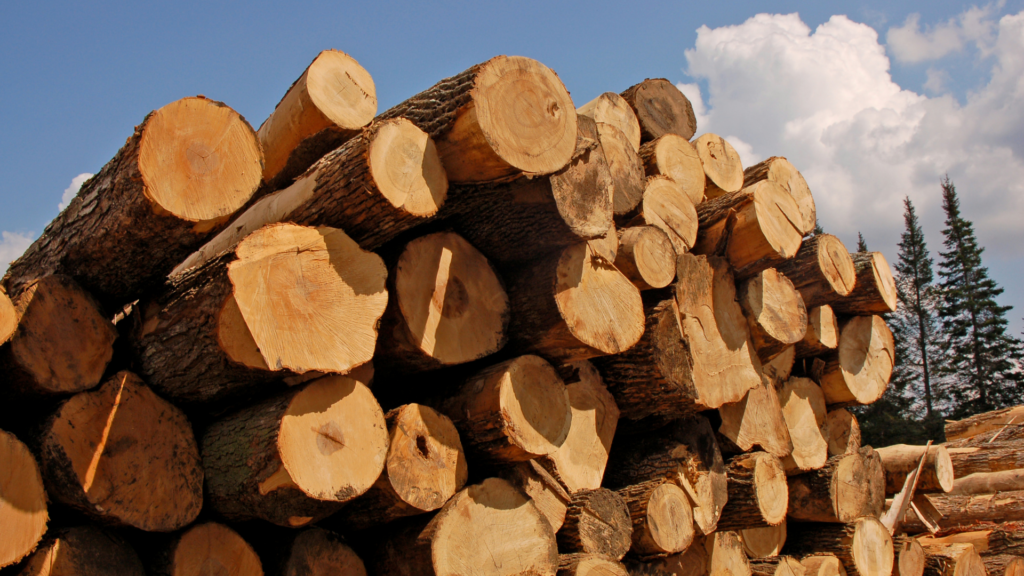At least 261 tonnes of timber were imported into Belgium from Russia despite sanctions following the invasion of Ukraine in February 2022.
Russian timber imports were banned in the fifth round of EU sanctions, ratified by Member States in April 2022. After a period of grace allowing importers to honour contracts, a strict embargo has been in force since July 2022.
However, the Environment Ministry has found evidence that imports have continued. Using a forensic laboratory located at the Royal Museum for Central Africa (RMCA) in Tervuren, inspectors were able to determine that several wood shipments had arrived from Russia.
"Determining the country of origin of a specific batch of wood is not easy," ministry spokesperson Annelies Wynant told l'Echo. "It's the first time we've identified a source in this way."
How is it getting through?
A previous investigation led by De Tijd and the International Consortium of Investigative Journalists (ICIJ) in June 2023 revealed attempts by Turkish and Bulgarian timber distributors to circumvent Russian sanctions. It remains unclear whether or not Belgian importers are linked to these particular routes.
Furthermore, the volume of wood imported from Turkey to Belgium has increased six-fold since 2021. The investigation highlighted other potential routes through Kyrgyzstan, Kazakhstan and Shanghai.
The Environment Ministry outlined various other issues facing the timber industry such as imports of wood produced by illegal harvests from Russia, the Central African Republic, China, Malaysia, Turkey, Ukraine, Belarus, Brazil and Chile. The number of fines imposed for illegal harvests almost tripled in 2023.
The ministry also has a distinct lack of inspectors. There are currently only fewer than five timber inspectors working full-time; but there are 4,500 timber importers in Belgium.
Enforcing EU sanctions
The EU ratified its thirteenth package of sanctions against Russia as the invasion of Ukraine hit the two-year mark last week. The latest measures have blacklisted a further 106 individuals and 88 entities and targets the military and defence industry.
Despite an ever-growing list of sanctions, enforcing already existing measures remains a key challenge for the EU. A report by the Lille-based IÉSEG School of Management found "statistical evidence that the EU sanctions are massively circumvented."
For instance, the report explains that EU exports to "Kremlin friendly" third countries such as Turkey, the United Arab Emirates (UAE) and Kazakhstan shot up by 81.55% between October 2022 and September 2023. Many of the exports are considered high-priority goods such as manufacturing equipment and electrical components which could be used in a military context.

